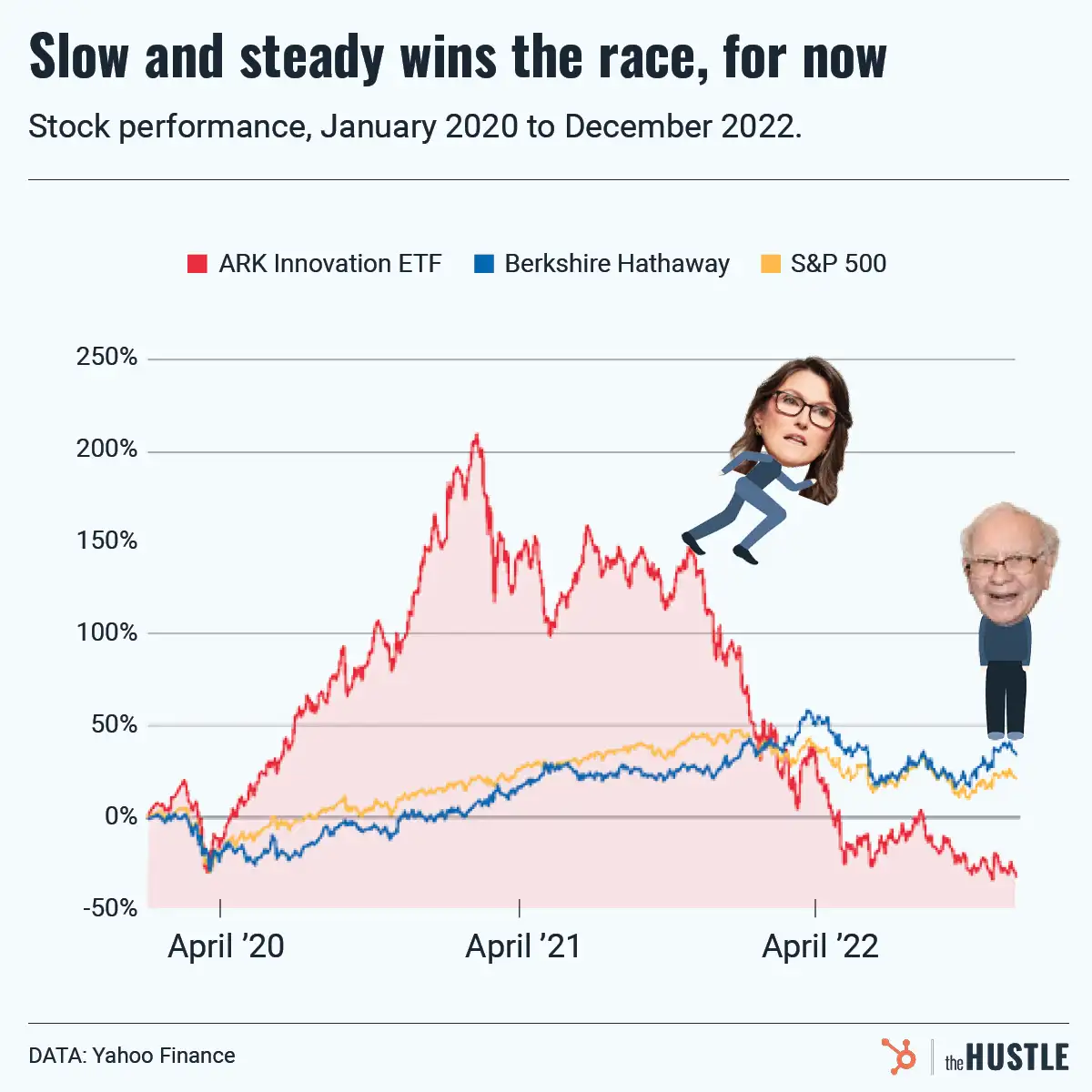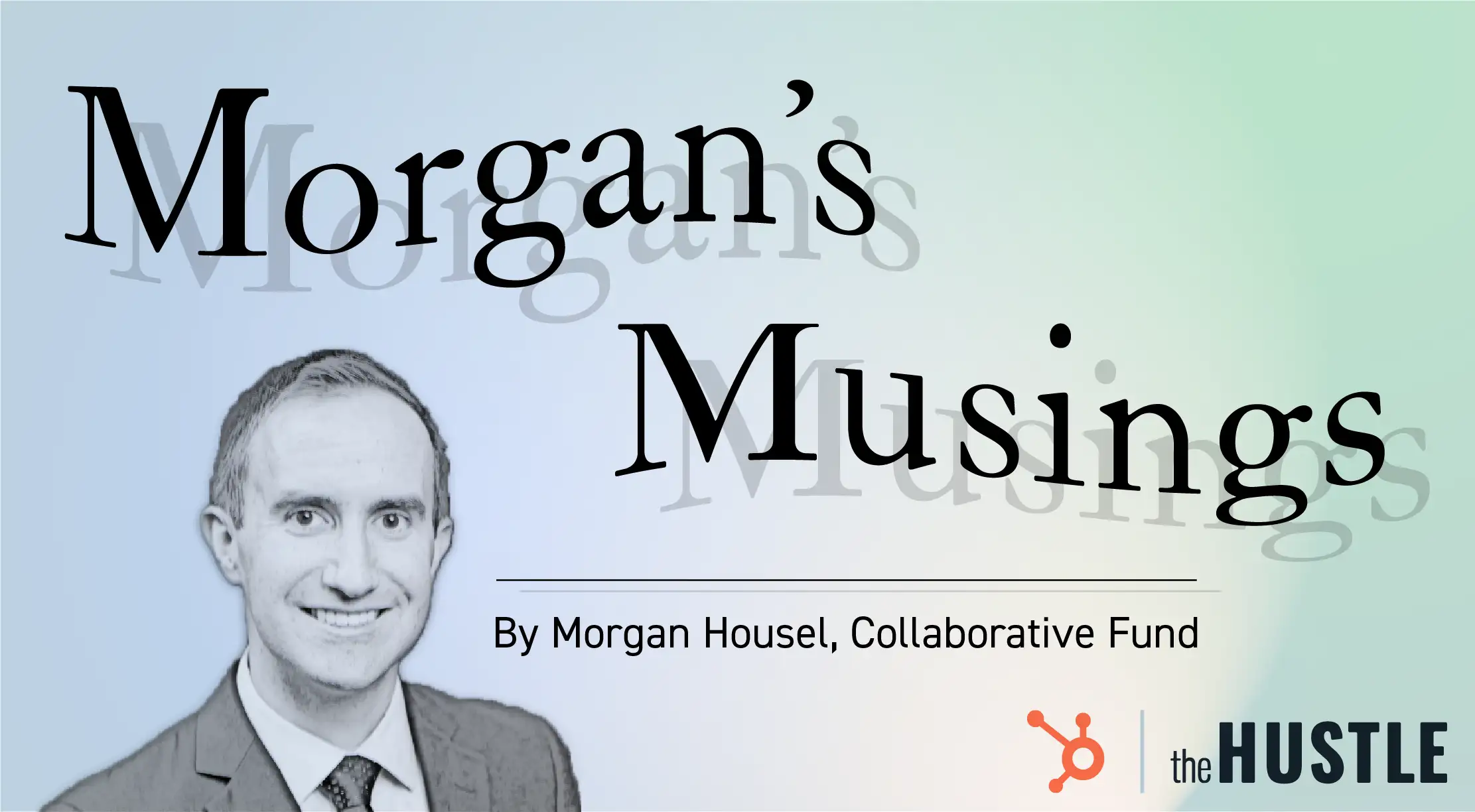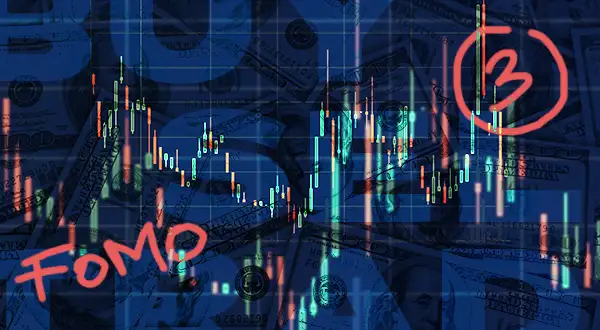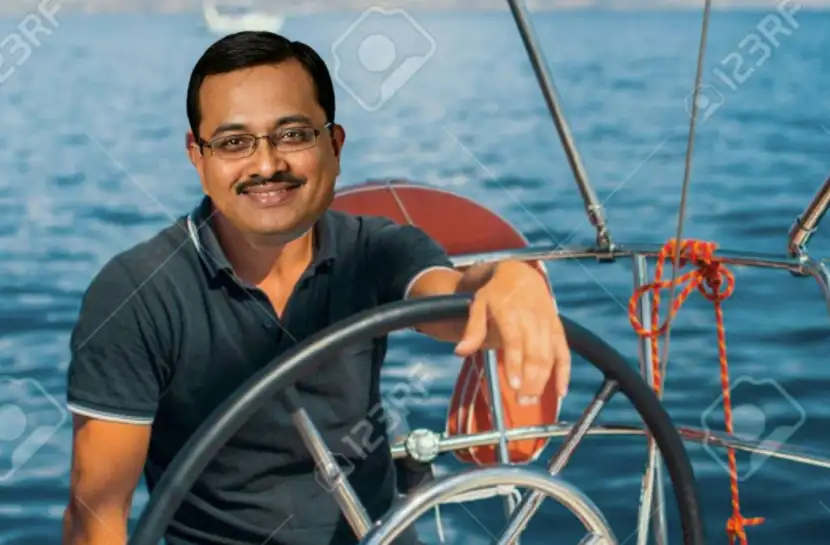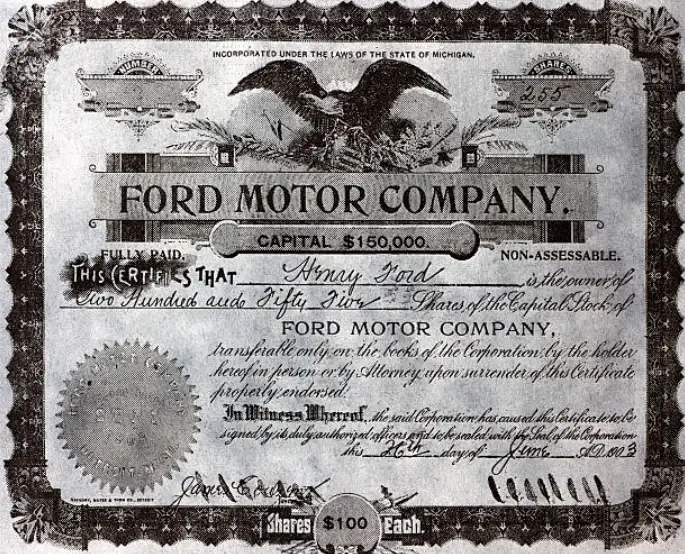Jake Paul is one of YouTube’s biggest stars, with 20m+ subscribers and 7B+ views across all of his platforms.
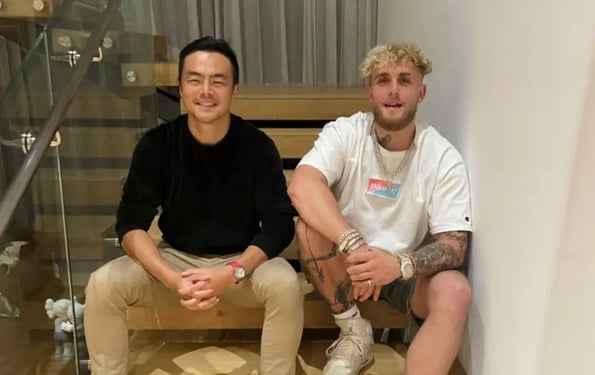
The 24-year old isn’t banking on this as his sole lifelong career, though.
“Celebrity has a shelf life,” Paul tells us in a recent conversation. “I want to capitalize on that celebrity and build a business for the long term.”
That celebrity includes a much-hyped boxing match with MMA-er Ben Askren on April 17 (Justin Bieber will open for the event).
Earlier this month, Paul laid the groundwork for his future: on April 1, he launched a rolling fund (Anti Fund) with Geoffrey Woo, founder of nutrition startup H.V.M.N.
They’ve already received backing by Silicon Valley heavyweights Marc Andreessen and Chris Dixon, both of the Andreessen Horowitz VC firm (Anti Fund’s minimum commitment is $25k per quarter).
Paul and Woo crossed paths at the start of the year in Miami.
H.V.M.N. focuses on maximizing human performance and Paul — who was training for his boxing match at the time — found a like mind in Woo.
The two are already active angel investors. Separately, they’ve written checks to 30+ startups, including Ramp, Triller and Levels.
Both wanted to ramp up their investing activity and the fund was born.
The Hustle spoke with Paul and Woo to find out more about Anti Fund’s vision:
***
How did you two decide to team up on Anti Fund?
Geoffrey Woo (GW): We initially connected earlier this year talking about human performance but also talked a lot about investing and discovered that we have differentiated but complementary skills.
Jake is obviously a consumer and product genius. I have a bit more of an operator [prior to H.V.M.N., Woo sold a company to Groupon] and technical background [Woo has an MSc from Stanford and 2 published research papers].
Jake Paul (JP): I’m still stepping into big years as an entertainer. The boxing matches I’m taking part in are huge events and driving big traffic to Triller [a social app that Paul is an investor in].
Celebrity has a shelf life and is not scalable, though. I want to capitalize on that celebrity and build a business for the long term. In 20 years, I’ll be making much more as an investor-entrepreneur than as an entertainer.
Geoffrey was the right partner. We are the same in many ways but also bring different things to the table. It’s very Yin and Yang.
What is Anti Fund’s investment thesis?
GW: Right now, the dream job for this generation’s kids is to be a YouTuber. I think in the future, most people will — in some form — be a creator, influencer or have a side hustle.
Jake and I have a background in these exact types of businesses and our fund wants to focus on consumer, e-commerce and creator empowerment startups capitalizing on this generational shift.
JP: I’ve been blessed to be on the forefront and ahead of the curve on the influencer and creator space. I have an inside view on what companies are performing well and the next big thing.
Now, with Anti Fund, we’ll be able to help these companies incubate from the ground up, turning these founders’ ideas into great businesses.
Jake has a sizable audience. How will that be mobilized to support the startups?
JP: I think Jay-Z is a good example. When you look at his investments, he often isn’t the one promoting them. He has a network of other influential people to support his work.
Likewise, I’m well-established as an influencer and have a network of younger influencers that look up to me as a mentor. I can work with them to help promote startups, when it makes sense.
When I do directly mobilize my audience, I’ll do so the way I always have: creating storylines and bringing my fans along for the ride.
For example, if you watch how I promoted my boxing match with Nate Robinson, I got audience engagement off the charts. It ended up being one of the biggest pay-per view (PPV) bouts ever.
What is the goal for Anti Fund?
GW: We want to be the biggest rolling fund out there, so plan to raise assets in the $10-20m range. We are competitive and fully intend on having the best returns for our fund vintage.
The way we plan on doing that is by making fewer — but high conviction — bets. The deal flow has already been incredible but we are weary about taking part in party rounds [with too many investors].
We are targeting an investment into 1-2 companies a quarter with significant ownership stake. Something we can move the business needle on and help grow.
JP: Anti Fund wants to return money to our LPs and be the best. Personally, I want to be the Ashton Kutcher for this generation. He’s one of the best celebrity investors ever [with early stakes in Uber, Airbnb and Robinhood].
He’s one of my inspirations and I want to be that for my generation.
One last question Jake: what other entrepreneur do you look up to?
JP: Dr. Dre. He turned himself from an entertainer into an entrepreneur with Beats By Dre. He built that into a multi-billion dollar business, which was amazing.
***
| WHAT IS A ROLLING FUND? Investing platform AngelList launched rolling funds last year to expand the type of venture funding vehicles. The product was created to solve 2 problems with the traditional fundraising process: 1) An entire fund must be raised in a short window before the money can be deployed. 2) Fund managers aren’t able to raise new funds during opportune times, like when they mark up their portfolios. A rolling fund solves this by allowing managers to continuously raise money as quarterly subscriptions. Per AngelList, this brings 3 benefits: 1) Raise a fraction of a traditional fund and start investing in startups right away. 2) Leverage portfolio markups to accept new capital, anytime. 3) Continuously increase the fund size so they never need to raise another fund again. Further, these funds can accept smaller checks which opens the field to many more accredited investors. (As with any financial product, always do your own research and due diligence). |




